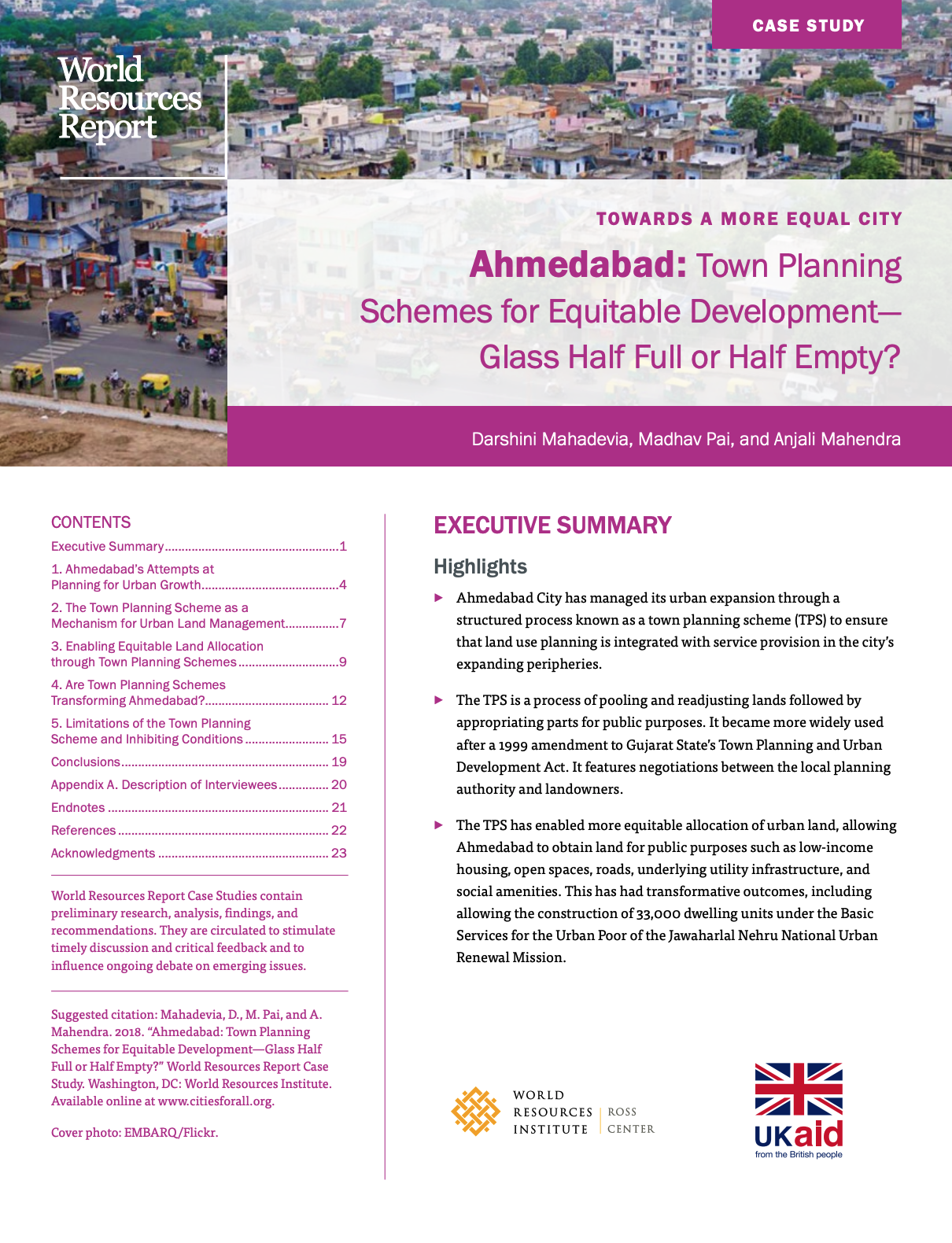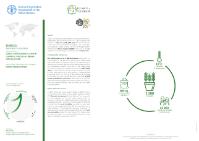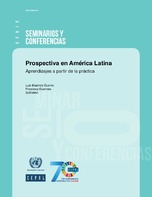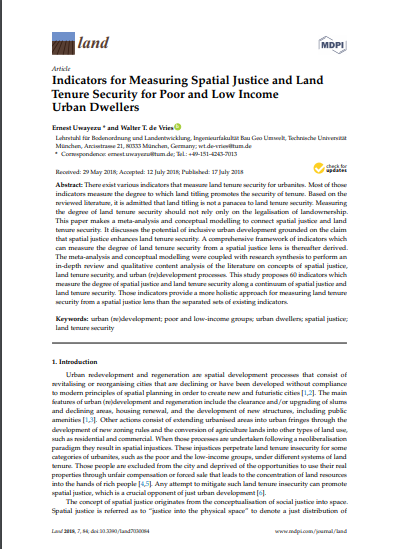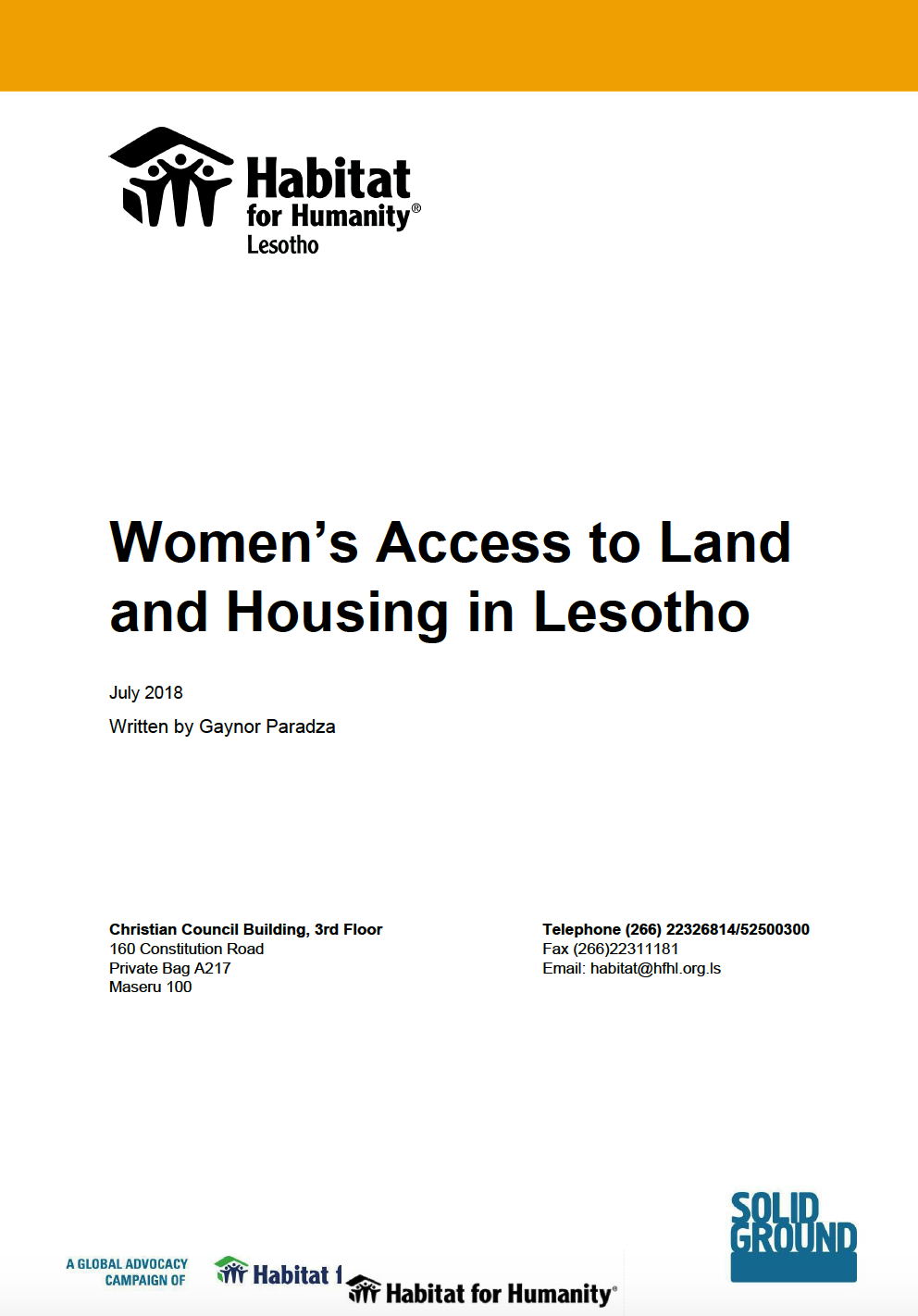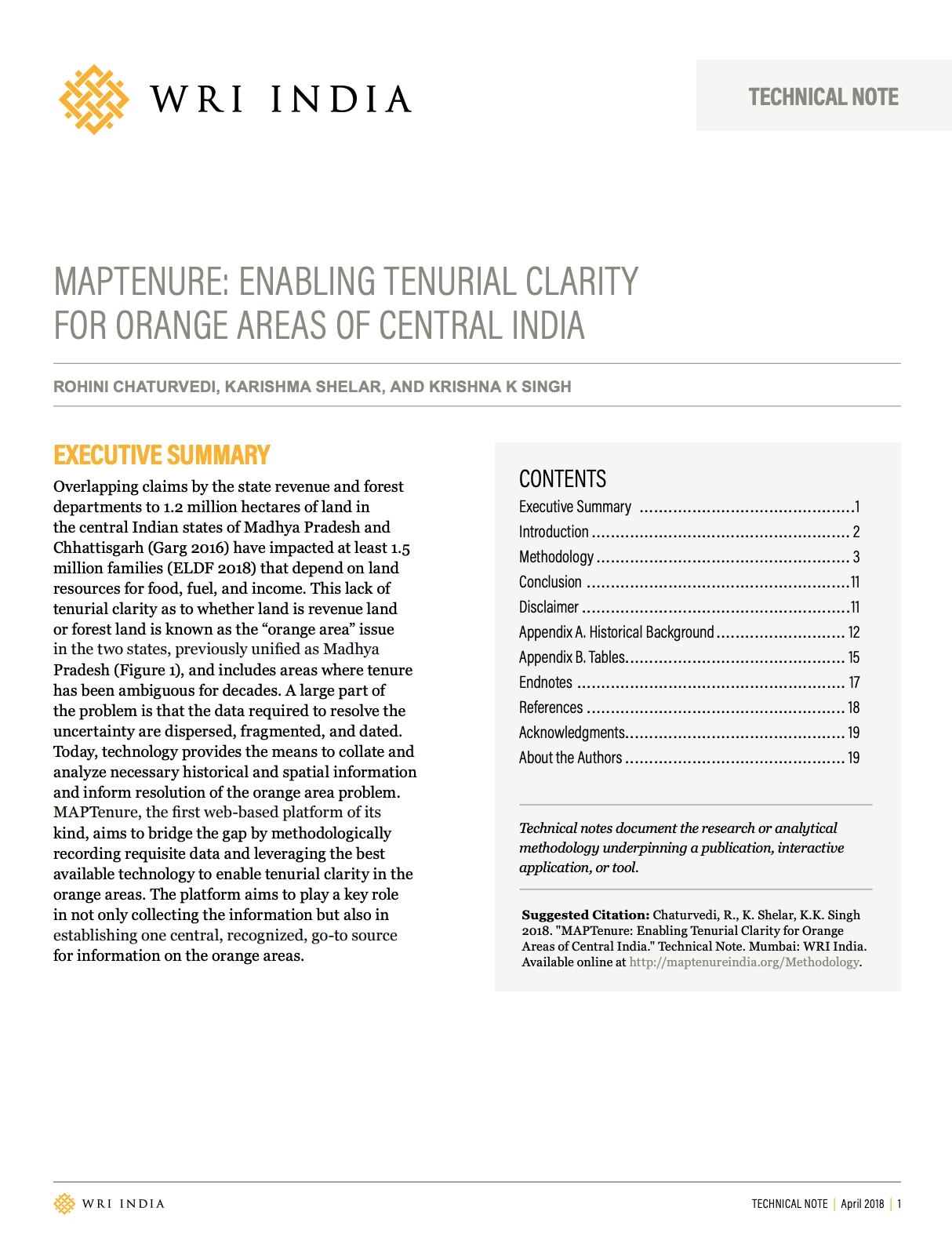ESTABLISHMENT AND OPERATIONALISATION OF LAND ADMINISTRATION BEST PRACTICE IN WOREDA LAND ADMINISTRATION MODEL OFFICES (WLAMOS)
This strategy sets out the formalisation of Woreda Land Administration Offices (WLAOs) being provided support in land administration functions by neighbouring WLAOs with better capacity to strengthen land administration services.This resource was published in the frame of the Land Investment for Transformation (LIFT) Programme.





